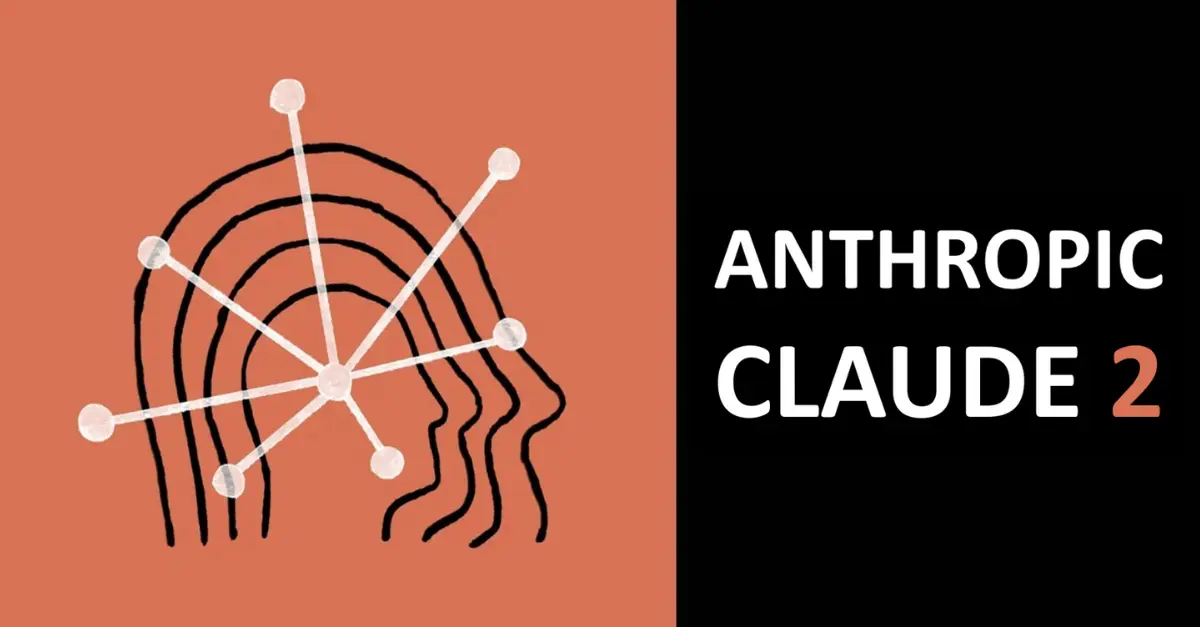Anthropic launches ChatGPT rival Claude2.

Anthropic has just unveiled Claude 2, an advanced large language model (LLM) that showcases exceptional performance in coding, mathematics, and reasoning tasks. Designed to simulate conversations with a helpful colleague or personal assistant, Claude 2 offers an improved user experience with enhanced conversational abilities, more precise explanations, reduced production of harmful outputs, and an extended memory compared to its predecessor.
In coding proficiency, Claude 2 surpasses its previous version, achieving a higher score on the Codex Human Eval Python programming test. Furthermore, it demonstrates notable improvement in solving grade-school math problems, evaluated through GSM8k. Quinn Slack, CEO & Co-founder of Source Graph, emphasizes the importance of a powerful LLM like Claude 2 in aiding developers with fast and reliable access to context about their unique codebase, along with strong general reasoning capabilities, leading to faster and more enjoyable development workflows.
One of Claude 2's significant advancements is its expanded input and output length capabilities, allowing it to process prompts of up to 100,000 tokens. This allows the model to analyze lengthy documents, such as technical guides or entire books, and generate longer compositions as outputs. Customers are delighted with the offering of Claude 2, with Greg Larson, VP of Engineering at Jasper, praising its enhanced semantics, up-to-date knowledge training, and improved reasoning for complex prompts. The latest version, Claude 2, introduces a remarkable feature - the capacity to effortlessly blend and reinterpret existing content using a context window three times larger than before.
Anthropic has taken great care to minimize the generation of harmful or offensive outputs by Claude 2. Internal evaluations revealed that Claude 2 was twice as effective as its predecessor, Claude 1.3, in providing harmless responses. While Claude 2 demonstrates impressive capabilities in analyzing complex works, Anthropic acknowledges the limitations of language models. It is strongly advised that users exercise caution and refrain from relying on the model as a factual reference. Instead, Claude 2 should be utilized to process data provided by users who already possess knowledge of the relevant subject matter and can verify the outcomes.
In conclusion, while leveraging Claude 2's impressive capabilities, it remains essential to acknowledge its limitations and employ it responsibly for tasks that align with its strengths, such as information summarization and organization.

